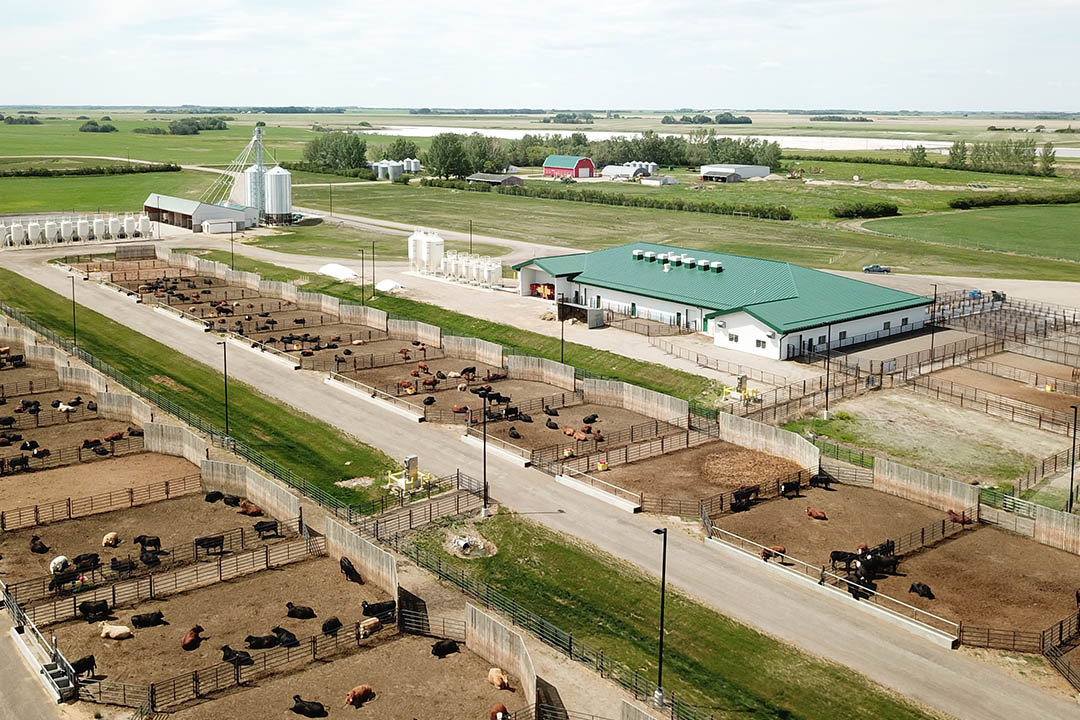
USask and Olds College sign agriculture and livestock research MOU
Two of Canada’s leaders in agriculture and agri-food education and applied research, Olds College and the University of Saskatchewan (USask), signed a memorandum of understanding (MOU) to collaborate in joint activities related to automation and increased incorporation of digital data in agriculture.
“Olds College and the University of Saskatchewan have long histories of being catalysts of innovation in the agriculture industry,” said Dr. Joy Agnew, associate vice-president, Applied Research, Olds College. “With the MOU in place, we look forward to working closely with USask to continue to provide technical solutions and training opportunities for the agriculture and agri-food industry. One of the first areas of collaboration will be supporting livestock research by connecting the college’s Technology Access Centre for Livestock Production with the USask Livestock and Forage Centre of Excellence.”
"With this agreement, our intention is to come together and build on our respective strengths, so we can provide the technology that the agricultural sector needs, whether it’s helping farmers increase production or supporting beef producers to better care for their animals and the environment,” said Dr. Terry Fonstad, associate dean, Research and Partnerships at the USask College of Engineering.
The signing happened at the Canadian Western Agribition in Regina.
Both USask and Olds College recognize that the agricultural sector needs technical solutions to maintain Canada’s place as a global leader and are seeking to combine their strengths to drive innovation. Areas that could benefit from working together include sensors and sensing, data transfer and security, data analytics, and artificial intelligence and controls to support the growing technical shift in agricultural production.
USask is home to the Global Institute for Food Security, the Global Institute for Water Security, and the Livestock and Forage Centre of Excellence, as well as the College of Engineering, and the College of Agriculture and Bioresources, which have been catalysts of many agricultural innovations. Olds College is home to Canada’s first Smart Farm; a 2,800-acre interconnected environment that leverages the college’s agriculture operations and applied research programming, in order to provide a product development and demonstration venue to accelerate agriculture technology and agri-food development.
The MOU initially covers a five-year period and will be governed by a joint committee of representatives from both institutions.

